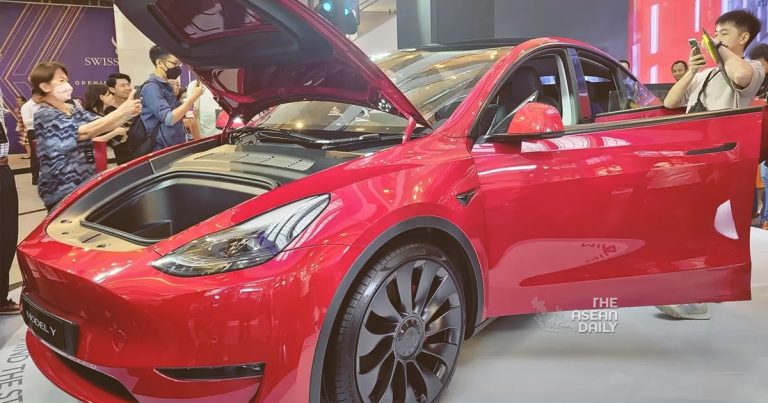13-8-2023 (JAKARTA) Indonesia is taking steps to become a major player in the electric vehicle (EV) market by offering tax incentives to attract global EV producers. The government has agreed to waive export duties and provide value-added tax exemptions to electric car manufacturers that set up factories in the country. The policy is intended to lure top producers such as Tesla and BYD to establish a presence in Indonesia. The government has not yet announced how long the incentives will be offered or if there will be any additional conditions.
According to sources familiar with the matter, potential investors can import cars to sell locally, but they must complete a factory within two years or face penalties that are still being formulated by the government. President Joko Widodo is seeking to secure a slice of the global EV supply chain, competing against neighbouring countries such as Vietnam, the Philippines, and Thailand, which is a regional automotive powerhouse.
Indonesia has been in talks with Tesla for several years to convince the US carmaker to establish a presence in the country while China’s BYD, the world’s top EV producer, signed an agreement to explore investment opportunities in May. However, no actual deal has been announced thus far.
The government’s move to provide tax incentives is part of a broader plan to develop the EV industry in Indonesia, which is rich in nickel and cobalt, crucial components in EV batteries. According to the International Energy Agency, Indonesia’s nickel reserves are the largest in the world.
The government aims to have EVs account for 20% of new car sales by 2025, up from less than 1% currently. However, the country faces several challenges, including a lack of infrastructure, high import tariffs on EV components, and low consumer awareness of EVs.
Indonesia’s push to develop its EV industry is part of a larger trend in Southeast Asia, where governments are promoting the adoption of EVs as part of efforts to reduce carbon emissions and combat climate change. The region is seen as a key growth market for EVs due to its large and growing population and rising middle class.
In conclusion, Indonesia’s efforts to attract global EV producers by offering tax incentives is a step towards developing a thriving EV industry in the country. Nevertheless, it remains to be seen if the incentives will be enough to overcome the challenges that the country faces in achieving its ambitious goals for the sector.




